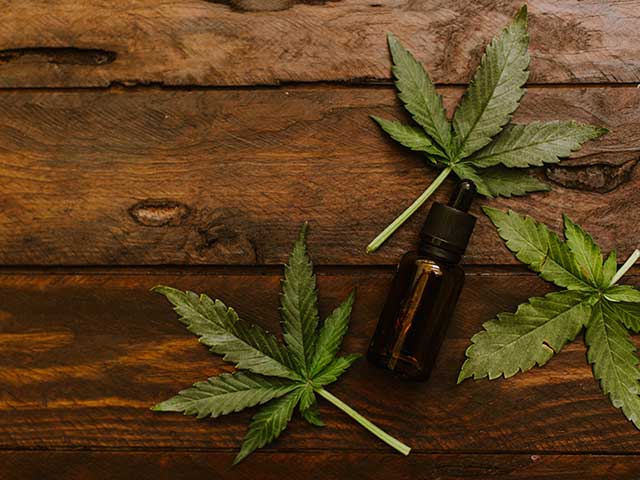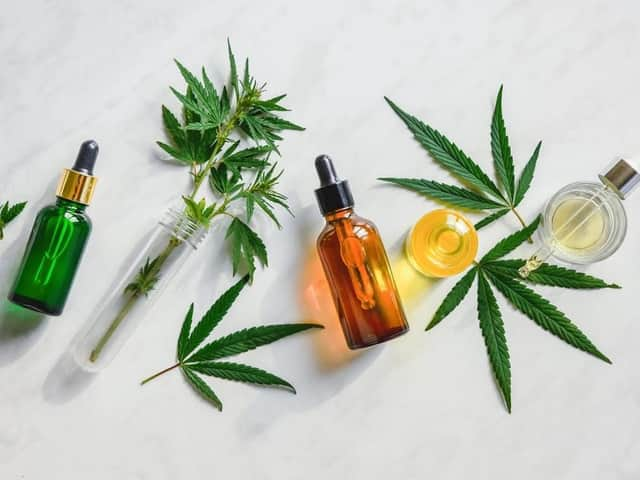Hemp, also called industrial hemp, refers to the non-psychoactive variety of the Hemp Sativa L. plant, which is considered a versatile plant due to its great usefulness. Hemp has vast nutritional, ecological, and industrial benefits.
Here are 10 quick fun facts to brush up on your knowledge of this plant.
Cultivated for more than 8,000 years
The earliest evidence of hemp use dates back to around 8,000 B.C., at an archaeological site near Japan. During 5000 B.C. in China, hemp fibers were used in pottery, later the crop was used to make clothing, ropes, shoes, and paper.
Can be used to make more than 25,000 products.
Hemp demonstrates its versatility because it contains seeds rich in nutrients and fibers, which have been valued for their properties. They can be eaten raw, in flour, or cold-pressed. The oil from the stems and seeds of the plant can be used for food supplements, blended into body care products, or even converted into non-toxic biodegradable biodiesel fuel. In addition, they can be used to produce ropes, canvas, textiles, paper, building materials, and even plastic composites.
Can prevent deforestation
Deforestation causes habitat loss for millions of species and leads to climate change. Hemp can be used as an efficient source of paper, allowing it to be grown and harvested in place of trees. The planet’s forests are being cut three times faster than they can grow. Hemp matures in only four months, and one acre of hemp can produce as much paper per year as four hectares of trees.
It is nutritious
Hemp seeds are one of the most nutritionally dense foods. They are considered complete proteins, which means they contain all the essential amino acids that the body must obtain from food. Hemp seeds also contain a number of vitamins, and minerals, as well as fiber and an optimal ratio of omega-3 to omega-6 fatty acids. The oil found in hemp seeds is also rich in gamma linolenic acid (GLA), a nutritious unsaturated fatty acid that also exists in breast milk.
May reduce carbon emissions
Hemp is an environmentally responsible crop, as it is able to help reduce our carbon footprint and therefore help combat global warming. Carbon dioxide (CO2) released by burning fossil fuels causes global temperatures to rise, but hemp uses the sun’s energy to convert atmospheric CO2 into hydrocarbons and water. Hemp has a high absorption of carbon dioxide that creates an emissions capture process called carbon sequestration. According to Hemp, Inc., every ton of hemp removes 1.63 tons of carbon.
Cleans and enriches the soil
Hemp plants have deep roots, which hold the soil together and increase its microbial content. The stalk and leaves of the plant are so full of nutrients that after harvest many farmers put what they did not use into the soil. This rejuvenates the soil and improves yields for the next year. Farmers even use hemp as a rotation crop, planting it between seasons to enrich the soil before another season of another type of crop is planted.
Hemp is also considered a bio-accumulator, meaning it can absorb toxins and radioactive material from soil, air, and water. Through a process called phytoremediation, hemp degrades them and converts them into harmless contaminants.

Can be used to build cars and houses
The plant’s fibers have a higher strength-to-weight ratio than steel and can be considerably cheaper for manufacturers. The lighter the car, the less fuel is needed to propel it. Henry Ford, the founder of the Ford Motor Company, created a car in 1941 that ran on hemp as fuel and had an outer shell also made of hemp. Hemp can also be used to make a house mold-resistant, termite-proof, and fire-resistant.
Cannot cause psychoactive effects
Hemp contains no more than 0.3% tetrahydrocannabinol (THC), the compound found in hemp that causes psychoactive effects. Therefore, there is no way that ingestion or consumption of hemp products in any form can cause these effects. If you found this article interesting, it is very likely you will enjoy further reading at Hemponix D9 Gummies.
No need for pesticides or chemicals
While most crops require the use of pesticides to survive and thrive, hemp can grow well without the use of pesticides, herbicides, fungicides, or insecticides. The plant is naturally resistant to most pests, avoiding the need for harmful chemicals. Its height, dense foliage, and high planting density effectively minimize the soil weed seed clump.
Its chemical composition is dominated by CBD
Thousands of studies have been conducted on CBD and its botanical characteristics. With more than 80 naturally occurring cannabinoids, cannabidiol (CBD) is most abundant in hemp. In recent years the demand for CBD hemp oil supplement products has grown significantly.


